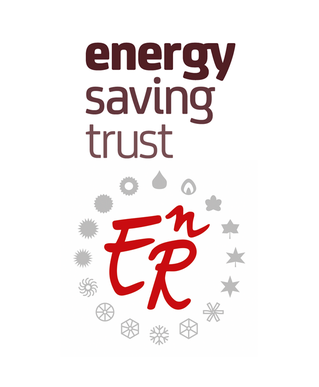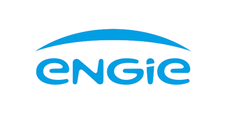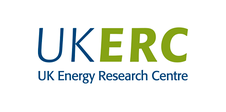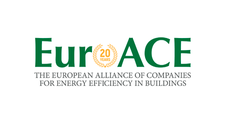Search eceee proceedings
Gamification as a way to involve young adults in energy efficiency and sufficiency – a case study
Panel: 1. The dynamics of limiting (energy) consumption
This is a peer-reviewed paper.
Authors:
José Luís Sousa, Polytechnic Institute of Setúbal, Technology School of Setúbal and INESC Coimbra, Portugal
Luís Neves, Polytechnic Institute of Leiria, Portugal
João Sousa, Plytechnic Institute of Leiria, Portugal
Luís Marcelino, Polytechnic Institute of Leiria, Portugal
Marta Lopes, Polytechnic Institute of Coimbra, Portugal
Alexandre Silva, Polytechnic Institute of Coimbra, Portugal
Válter Gonçalves, Polytechnic Institute of Leiria,, Portugal
Rúben Pereira, Polytechnic Institute of Leiria, Portugal
Licínio Moreira, Polytechnic Institute of Leiria, Portugal
Catarina Silva, Polytechnic Institute of Leiria, Portugal
Jorge Cabral Júnior, Politechnic Institute of Setúbal, Portugal
Carla Henriques, Polytechnic Institute of Coimbra, Portugal
Dulce Costa, Polytechnic Institute of Setúbal, Portugal
Dulce Coelho, Polytechnic Institute of Coimbra, Portugal
Diogo Correia, Polytechnic Institute of Leiria, Portugal
Inês Reis, Polytechnic Institute of Coimbra, Portugal
Carlos H. Antunes, University of Coimbra, Portugal
Rodrigo Dionissa, Federal Institute of Santa Catarina, Brazil
André Vieira, Polytechnic Institute of Leiria - ESTG, Portugal
Abstract
Today, social and environmental concerns make energy efficiency a matter of common concern, for both domestic consumers, industry, services and other entities. This paper discuss gamification as a tool for behavior changes in young adults (higher education students). The work was carried out as part of a research project that aims to characterize domestic energy consumption behaviors, seeking to contribute to greater energy efficiency and cost reduction, disseminating good practices as a form of retribution for consumers’ collaboration. The project involves students and researchers from three higher education institutions in Portugal, a research institute and three energy agencies.
A mobile application (app), "Minha Energia" (My energy, in Portuguese), was created to reach younger adults, although it is available to the population in general, with the intention of helping the development of energy efficiency programs targeting energy efficient behaviors.
The objective of the app is to characterize consumers’ behaviors, giving suggestions and advices as a reward to participants. The more recent version of the app has been released recently and the gathering of data has just started.
The project is expected to contribute to a more detailed knowledge regarding energy use in the residential sector, with particular focus on three cities, and to disseminate good practices in terms of energy behaviors.
The use of mobile apps as an inquiry and best practices dissemination tool, through gamification, allied to the involvement of circa 200 students as research helpers, has the potential to achieve a notable effect, namely when it refers to changing energy consumption behaviors of younger generations.
Downloads
Download this paper as pdf: 1-346-19_Sousa.pdf
Download this presentation as pdf: 1-346-19_Sousa_Presentation.pdf
Panels of
1. The dynamics of limiting (energy) consumption
2. What's next in energy policy?
4. Monitoring and evaluation for greater impact
5. Smart and sustainable communities
7. Make buildings policies great again
8. Buildings: technologies and systems beyond energy efficiency
9. Improving energy efficiency in ICT, appliances and products

























